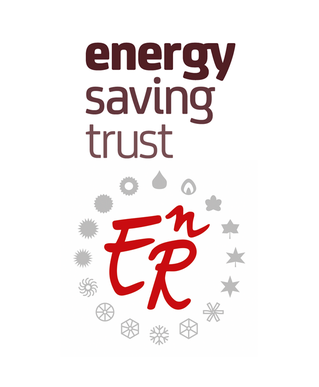Search eceee proceedings
Energy sufficiency in policy and practice: the question of needs and wants
Panel: 2. What's next in energy policy?
This is a peer-reviewed paper.
Authors:
Tina Fawcett, ECI-CREDS, University of Oxford - Environmental Change Institute, United Kingdom
Sarah Darby, University of Oxford
Abstract
Transformation of energy demand is one of three pillars for action identified in the IPCC’s 1.5⁰C report. To deliver emissions reductions of the scale required, this transformation will need to be radical. While policy approaches of ‘energy efficiency first’ and ‘multiple benefits of energy efficiency’ have the potential to increase action and reduce carbon, a more ambitious framing is needed.
Sufficiency, or energy service sufficiency, could be a strong framework to deliver energy services equitably, while respecting planetary boundaries. But the concept of sufficiency cannot be separated from judgements on what is ‘enough’ or from principles of distributional justice: it steps outside conventional energy policy boundaries.
This paper explores the possibility of distinguishing between needs and wants – a debate with a long history – and considers whether and how such distinctions may be embodied in policies such as rising block and demand-based tariffs, energy labels based on consumption, product bans and building standards to reduce and prevent energy / fuel poverty. Ideas from the literature on distributive and procedural justice will be presented and interrogated in the light of European experience and debates on energy sufficiency and fuel poverty, and a model for reaching a national consensus on basic needs will be offered.
Energy policy based around access to sufficient services will involve questioning expectations and norms about what ‘enough’ means and who gets to decide. Moving to a sufficiency framing will involve challenging social and political debates, and technological advances will not allow us to side-step these. The energy policy community is a good place to start these discussions, because we already have some socio-technical options to offer, along with experience in defining services and standards, which can be developed on the path to much-reduced use of fossil fuel.
Downloads
Download this paper as pdf: 2-226-19_Fawcett.pdf
Download this presentation as pdf: 2-226-19_Fawcett_Presentation.pdf
Panels of
1. The dynamics of limiting (energy) consumption
2. What's next in energy policy?
4. Monitoring and evaluation for greater impact
5. Smart and sustainable communities
7. Make buildings policies great again
8. Buildings: technologies and systems beyond energy efficiency
9. Improving energy efficiency in ICT, appliances and products

























